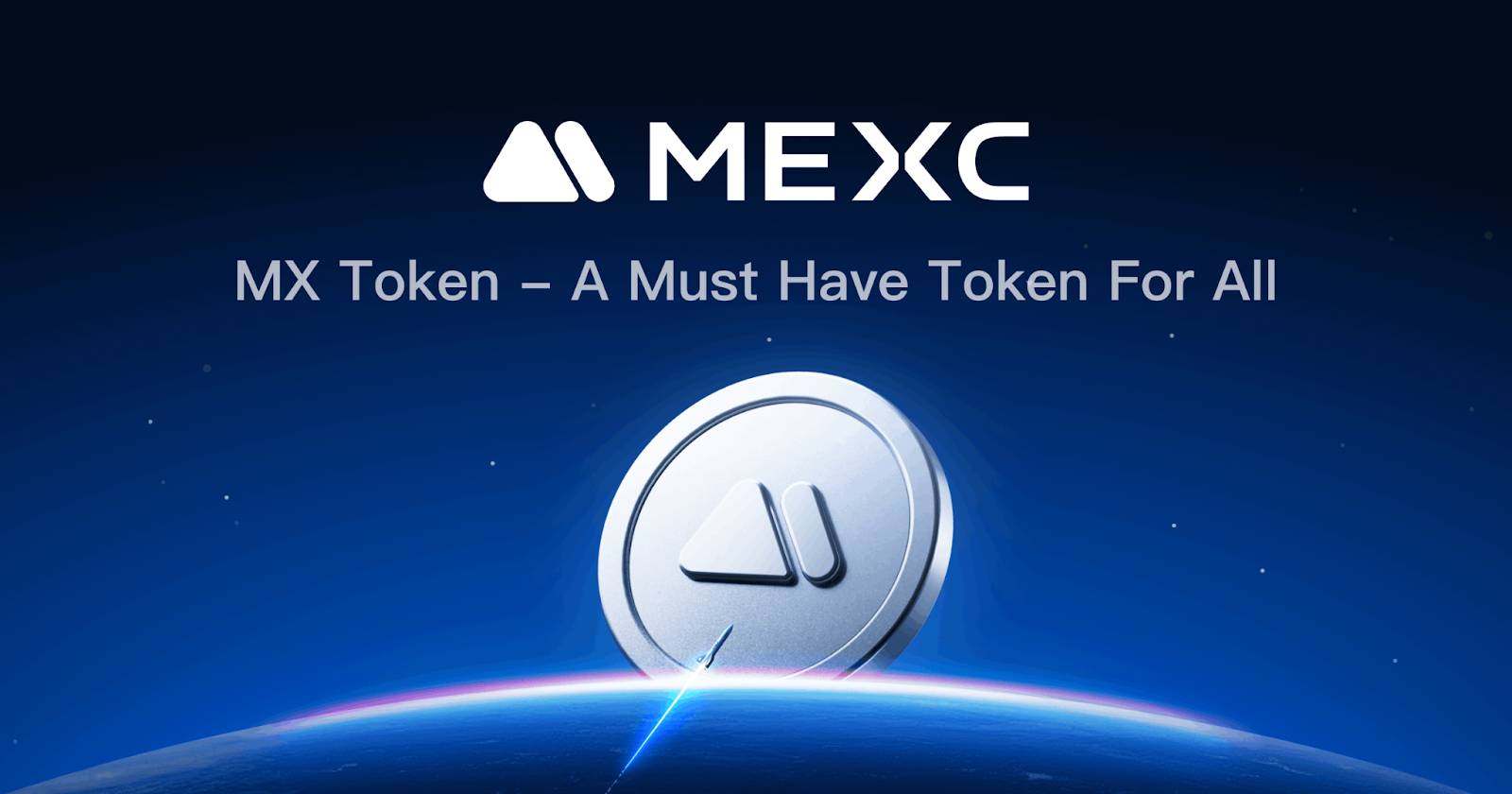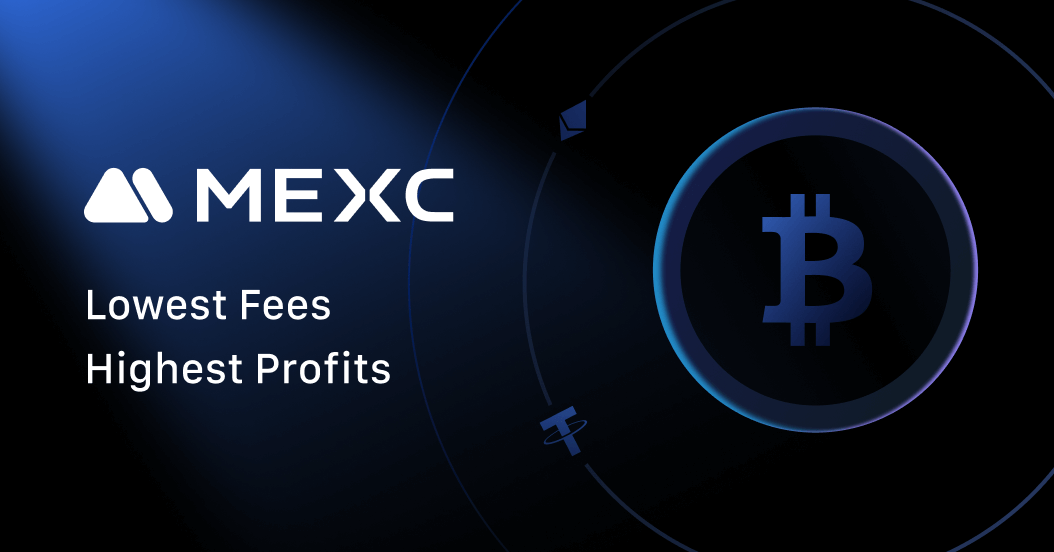
6 minute read
Is MEXC Exchange Legal in Thailand? A Clear and Honest Breakdown
from MEXC Exchange
by XM Blog
Yes, MEXC Exchange is not illegal in Thailand, but it is not officially licensed by Thai regulatory authorities either. This means that while Thai users can technically access and use MEXC’s platform, they are doing so at their own risk because the exchange is not regulated under Thailand’s financial and securities laws. In this article, we’ll go straight to the point and help you understand the legal landscape, the risks, and what this means if you're using MEXC in Thailand.

✅ Trade with MEXC now: Open An Account 👈
Understanding the Legal Framework for Crypto in Thailand
Thailand is one of the more progressive Southeast Asian countries when it comes to cryptocurrency regulation. The Thai government, through the Securities and Exchange Commission (SEC), oversees digital assets under the Emergency Decree on Digital Asset Businesses B.E. 2561 (2018).
This law requires all crypto exchanges operating in Thailand to be licensed by the Thai SEC. Any exchange not registered and approved is considered an unlicensed operation and may be subject to enforcement action if it serves Thai residents without permission.
MEXC Global, which is a centralized exchange registered outside of Thailand, has not been granted a license by the Thai SEC. As of now, the list of approved exchanges in Thailand includes local names like Bitkub, Zipmex (though it has had issues), Satang Pro, and a few others. MEXC is not among them.
Can Thai Users Still Access MEXC?
Yes, Thai residents can still access and use MEXC through its website and mobile app. MEXC does not block users from Thailand, nor does the Thai government enforce any IP blocks or restrictions at this time. However, this does not mean it’s officially legal.
Using MEXC in Thailand falls into a legal gray area. It's not a criminal offense for individuals to use foreign crypto exchanges, but it is not protected by Thai law either. If anything goes wrong—such as account freezes, hacking, or disputes—you cannot rely on Thai authorities or regulations for legal support or compensation.
What Are the Risks of Using MEXC in Thailand?
Since MEXC is not regulated under Thai law, users are not protected by the same consumer rights or legal safety nets that exist with licensed exchanges. Here are some specific risks:
No Legal Recourse: If your funds are lost due to a hack, mismanagement, or platform failure, you likely won’t be able to seek help from Thai courts or financial regulators.
Regulatory Crackdowns: The Thai SEC may in the future issue bans or fines to foreign platforms or local agents promoting unlicensed exchanges. This could affect users indirectly.
Tax Compliance: Thai users must still report and pay taxes on crypto gains. If you’re trading on MEXC, it's your responsibility to track profits and report them. The platform itself won’t automatically report your transactions to Thai tax authorities.
KYC/AML Gaps: MEXC has relatively lenient Know-Your-Customer (KYC) policies compared to Thai-licensed platforms. While this might seem convenient, it also raises concerns about anti-money laundering compliance and could make the platform a target for future regulatory scrutiny.
Is It Safe to Use MEXC in Thailand?
From a technical and operational perspective, MEXC is a functioning and widely used platform with hundreds of listed assets, competitive trading fees, and DeFi integrations. It has gained popularity due to its wide token availability and user-friendly design.
But “safe” does not mean “legal.” And even though MEXC has not had major scandals like some other global exchanges, the fact that it operates without Thai regulation adds a level of uncertainty.
For users in Thailand who understand the risks, MEXC may still be a useful platform for certain tokens or trading strategies. But you should be very cautious and never deposit more funds than you are willing to lose.

✅ Trade with MEXC now: Open An Account 👈
Thai SEC’s Position on Foreign Exchanges
The Thai SEC has issued public warnings in the past about unlicensed foreign crypto exchanges operating in Thailand. In 2023, they listed several exchanges that were not allowed to conduct business in the country. The purpose of these announcements is to protect Thai investors and encourage them to use regulated platforms.
The SEC may take further steps such as:
Blocking access to websites of unlicensed exchanges.
Requesting app stores to remove the exchange’s mobile apps.
Penalizing marketing or promotional activities targeting Thai residents.
So far, MEXC has not been directly banned, but that could change if the SEC becomes more aggressive in enforcement.
Is It Legal to Promote MEXC in Thailand?
If you are a Thai resident or business promoting MEXC Exchange within the country—through affiliate marketing, social media, or any other means—you could be violating Thai law. Promoting an unlicensed digital asset business can result in fines or criminal charges, depending on the severity.
Several individuals in Thailand have already faced legal consequences for promoting unlicensed exchanges. The Thai SEC has warned that such activities contribute to illegal financial services and undermine consumer protection.
If you're thinking of becoming an affiliate or ambassador for MEXC in Thailand, proceed with extreme caution and legal advice.
What Should Thai Crypto Users Do?
If you're a Thai trader, you have a few options:
Use Licensed Exchanges: The safest choice is to use Thai-licensed platforms like Bitkub, Zipmex, or Bitazza. These exchanges operate under Thai law and offer legal protection.
Use MEXC Carefully: If you choose to use MEXC, make sure to enable two-factor authentication, keep your trading volume moderate, and avoid leaving large amounts of crypto on the platform.
Stay Updated: Thai crypto laws are evolving quickly. What is tolerated today may be banned tomorrow. Follow official SEC announcements to stay in the loop.
Report Your Taxes: Even if you trade on a foreign exchange, you’re still responsible for reporting and paying taxes on gains in Thailand. Keep accurate records of all your trades and withdrawals.
Final Thoughts
To sum it up clearly: MEXC Exchange is not officially legal in Thailand, meaning it is not licensed or regulated by Thai authorities. However, it is accessible and not explicitly banned, so users can still use it—but at their own risk.
This is a common situation in many countries where crypto regulations are still catching up to technology. Thai users should understand the distinction between “accessible” and “legal.” Just because you can use MEXC doesn’t mean you are protected.
If you're a Thai crypto trader who wants a safe and legally compliant experience, it's better to use exchanges licensed by the Thai SEC. If you still want to explore MEXC for its broader range of tokens or features, go in with your eyes open and minimize exposure.
Thailand’s crypto laws are changing, and regulators are paying more attention. Don't be caught off-guard. Stay informed, trade wisely, and make legality a priority in your crypto journey.
✅ Trade with MEXC now: Open An Account 👈
Read more:

